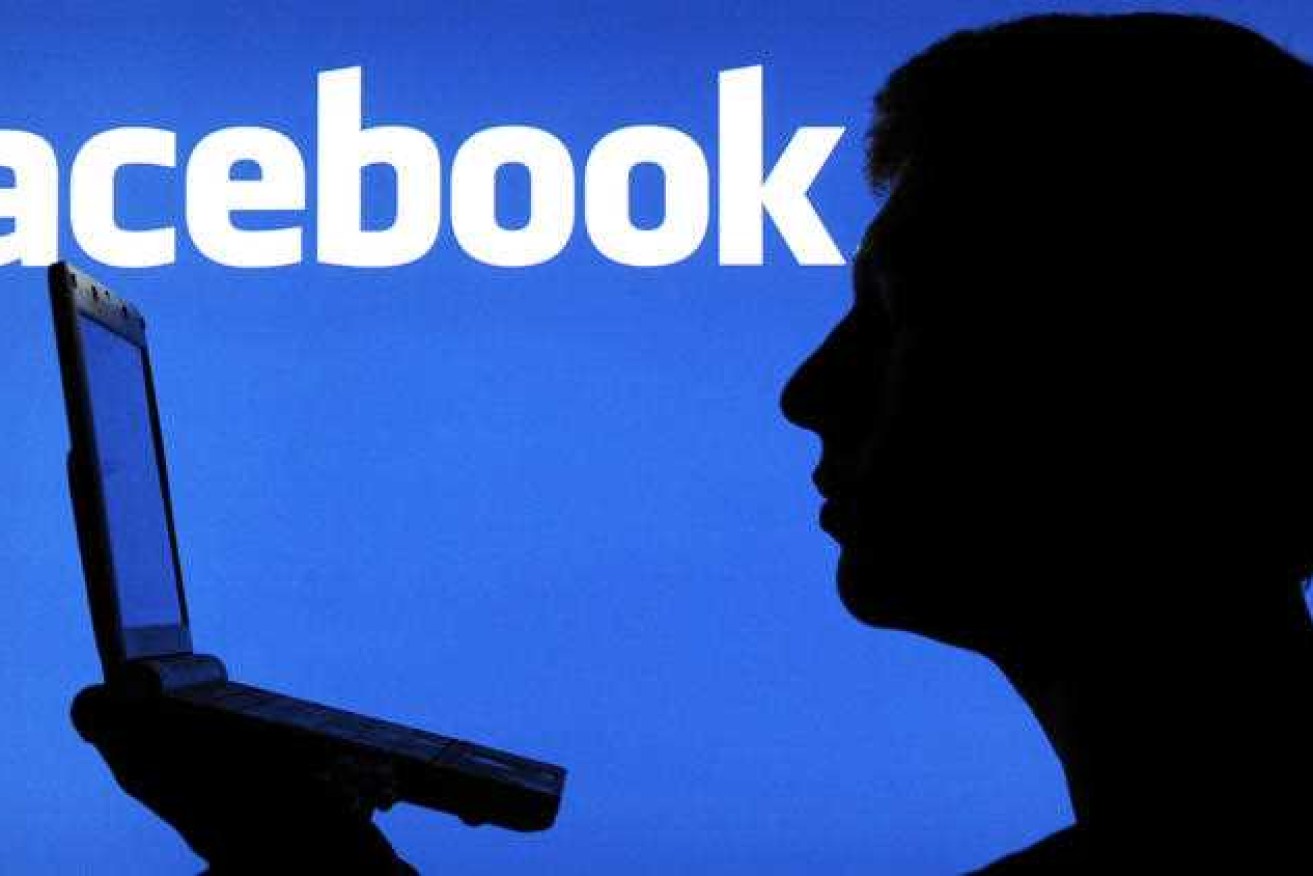Want to delete Facebook? You can try

Untangling yourself from the social media behemoth is not as easy as hitting 'delete'. Photo: Getty
After news that the Facebook data of 50 million people was obtained by Cambridge Analytica, a political data firm, many users are mulling whether it is time to leave the social network. Even a co-founder of WhatsApp, which Facebook bought for $16 billion in 2014, declared that it was time to delete Facebook.
But while deleting your account is as simple as clicking on a few buttons, Facebook may be too ubiquitous to truly quit. For one, it would probably be inaccurate to say you have removed Facebook from your life just by leaving the site. Chances are you still use WhatsApp, the largest messaging app in the world, or Instagram, the most popular photo-sharing app. Facebook owns both.
Keep in mind that Facebook isn’t the only company capable of collecting your information. One big culprit: Web trackers, like cookies embedded into websites and their ads. They are everywhere, and they follow your activities from site to site.
You can quit Facebook if you simply find no joy in it. But if you’re looking to leave for philosophical reasons concerning privacy, it’s a futile effort. You may be better off tweaking your privacy settings on the site.
Here are some answers to questions that many people are posing to The New York Times via social media.
What are the alternatives to using Facebook, Instagram and WhatsApp?
There is no real substitute for Facebook if you’re looking for a social network that includes virtually everyone you meet in real life. Social networks are all about the people on them, and Facebook has more than two billion monthly users. You could consider Snapchat, which has about 187 million daily users, but it’s a far different experience – you primarily use it to send photos that self-destruct – with an interface that many people find confusing.
There are plenty of alternatives to WhatsApp. But they have drawbacks and aren’t as far-reaching as WhatsApp, which has more than 1.5 billion monthly users.
Signal is a solid app for secure encrypted messaging – but it is still a young service with a relatively small number of users. You might be able to get hundreds of your friends to join Signal. But chances are you have friends or family in other countries, and WhatsApp is the go-to messaging service internationally.
For example, practically every smartphone user in India – more than 200 million people – uses WhatsApp.
Another WhatsApp alternative is WeChat, a Chinese messaging app that has about a billion monthly users. But the majority of people on that service are in China. And WeChat faces its own privacy issues because of China’s notorious reputation for mass surveillance. Tencent, the company that runs WeChat, denies that it stores the chat histories of its users. But WeChat users have been arrested over conversations they have had in the app, and chat transcripts have been used as evidence in court proceedings.
Instagram, which has more than 800 million monthly users, is also a tough one, giving Facebook a stranglehold on photo sharing. The only real competitor to Instagram is Facebook itself, which has its own photo-sharing features. Remember Flickr? The Yahoo-owned site is the closest thing either has to a competitor, and it’s like a graveyard of people’s digital memories before they abandoned it for Facebook and Instagram.
Google Photos is a compelling service, but it is a photo album management tool, not so much a social network.
How else do you keep in touch with friends and family? How do you create and discover events? How do you market and manage customer service for your small business? How do you spark and build grass-roots movements?
Facebook is the one-stop shop to accomplish all those tasks. But if you have the patience, you can juggle multiple apps to cobble together the same experience.
Messaging apps are popular for keeping in touch with friends and family – a group chat between family members via text message, for example, is still an efficient way to keep in touch. And sites like MeetUp are designed for hosting and discovering events.
As for customer service, many companies use Twitter to engage with their customers and resolve complaints. Yelp, the reviews site for local businesses, is a common place for customers to talk about their experiences, and business owners often engage with people there.
For grassroots movements, a Twitter hashtag might be enough. Recent examples include #metoo, the movement for people to discuss sexual assault, #deleteuber, the campaign to protest Uber last year amid political controversy, and now, there is the movement to #deletefacebook in response to the Cambridge Analytica controversy.
What does it mean to delete Facebook? How can you actually delete your account?
You can permanently delete your account by clicking a few buttons on Facebook’s website. The company delays deletion for a few days, so do not log back in. Facebook also offers a tool for extracting a copy of your data before deleting your account.
After you delete your account, it won’t be recoverable. But there are caveats.
Shadows of your digital self would remain on the site. For example, if people uploaded photos of you, those photos will still be there. The conversations you had with friends through Facebook won’t disappear, either.
When you delete your account, you are only deleting the media you posted, like your status updates and photos that you uploaded. That’s not going to do much for your privacy, considering that an overwhelming amount of what you do on Facebook involves engaging with other people. All of your friends (and their friends, too) would also have to delete their accounts in order to have any sort of meaningful effect.
What other things are you losing access to if you delete Facebook? Why do so many apps require a Facebook login?
One painful part of breaking up with Facebook would be potentially losing access to the many third-party apps and websites that are tied to your account. Over the past decade, many shopping sites and apps teamed up with Facebook to use the company’s login tool, Facebook Login.
Facebook Login became popular because it was a good product. By clicking a button, you could sign up for an account with an app or website just by sharing your Facebook account data. That allowed you to skip manually entering details like your name and email address – a process that is especially cumbersome on a small smartphone screen. This sped up the process of signing up for an account to buy that pair of shoes you saw go on sale.
If you were to delete Facebook, you would break your access to many sites and apps that you signed up for using Facebook Login. But fortunately, many sites and apps still let you sign up for accounts directly through them, and many also let you log in through your Google account.
It’s not impossible to delete Facebook. But it would be a long and tedious process to create new accounts for all the apps and sites you use.
Where does Facebook really equal the internet?
Keep in mind that Facebook reaches well beyond the United States. As my colleague Sheera Frenkel noted on Twitter, deleting Facebook is a privilege. In some parts of the world, like Myanmar, Egypt and Indonesia, people rely on Facebook as a primary means to conduct business and stay in touch with friends and family. In Africa, Facebook has struck deals that offer basic services – centred on those provided by Facebook – to residents for free.
–The New York Times








